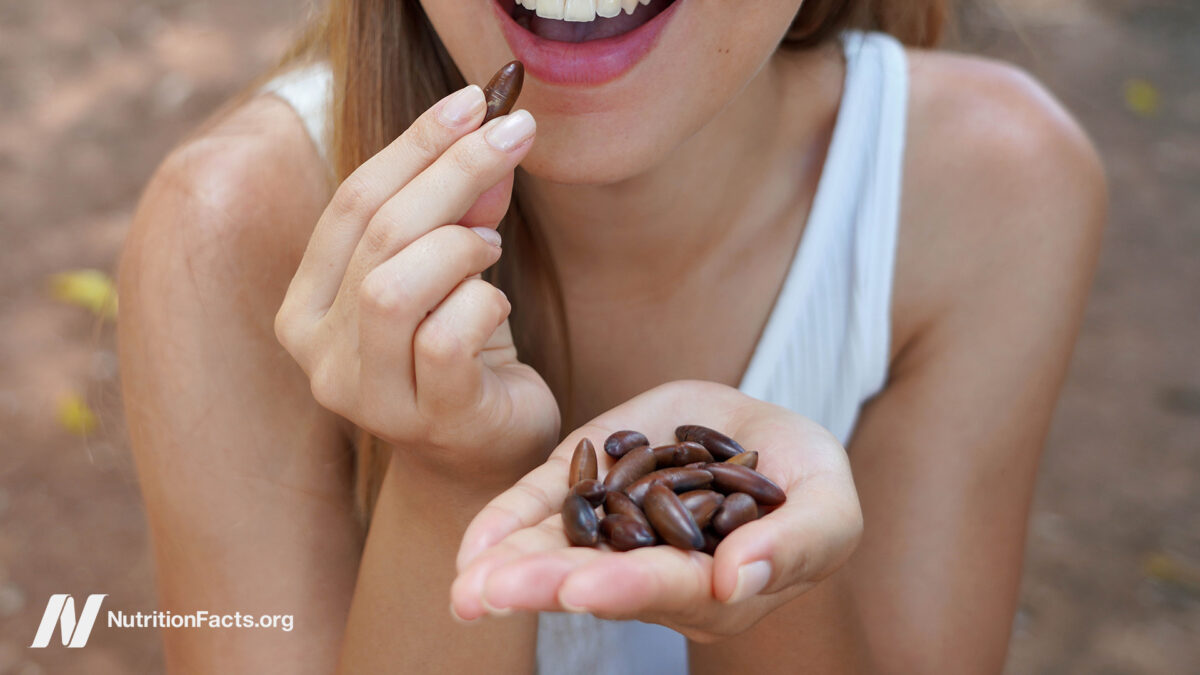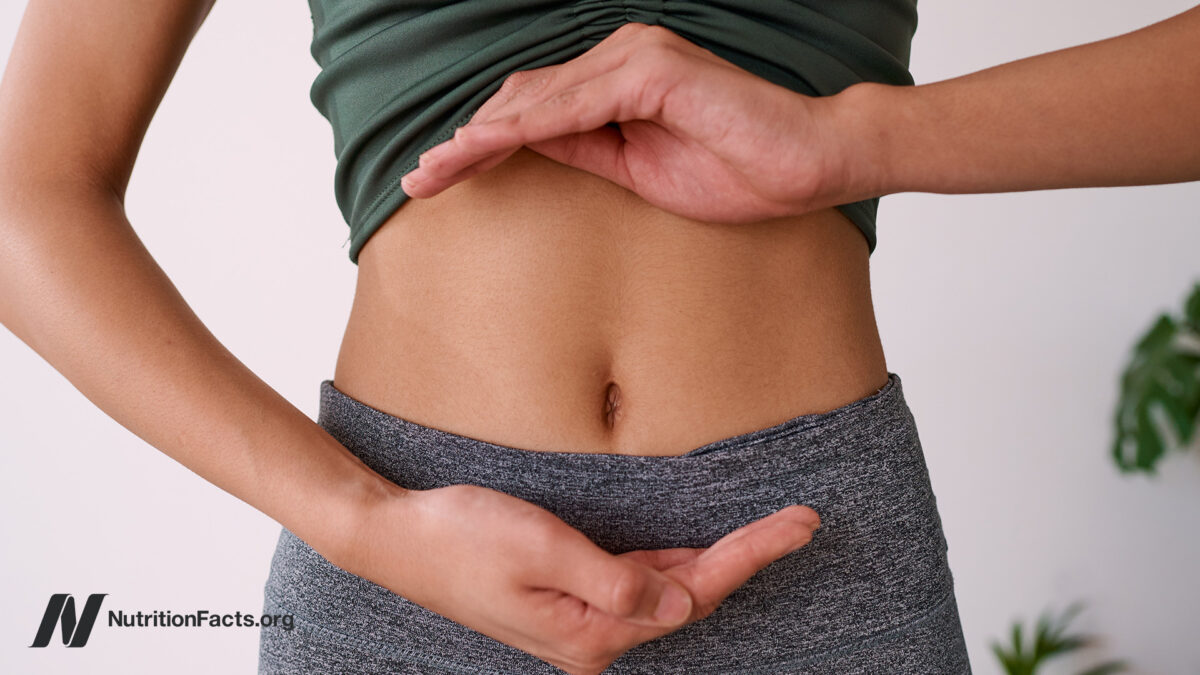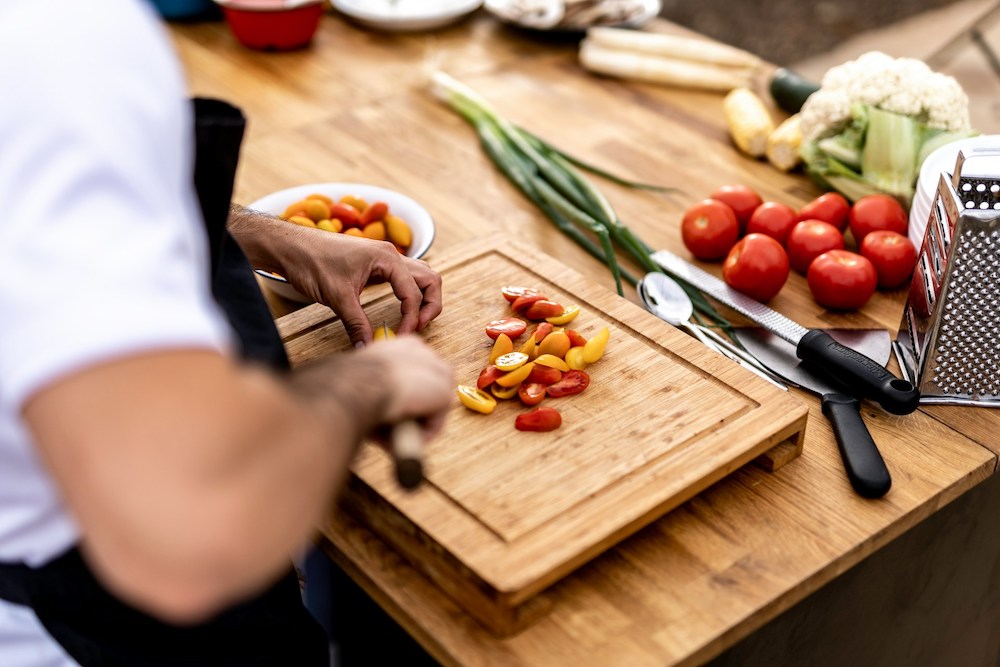From liver-loving herbs to B vitamins and electrolytes, here’s what to take before and after drinking to party smarter and recover faster.
A fun night out—whether it’s cocktails with friends, a wedding celebration, or just an overdue evening of dancing—can be an instant mood booster. But let’s be real: the morning after? Not so much fun. The dreaded hangover—complete with dehydration, brain fog, sluggishness and an overall “why did I do this to myself?” feeling—can make even the best night out feel not worth it.
“We often forget that alcohol is a diuretic, which leads to fluid loss and electrolyte imbalances that contribute to headaches, fatigue, and dry mouth,” explains Canada-based naturopathic doctor and birth doula Sarah Connors, ND. “Meanwhile, indulgent foods—especially those high in sugar, salt, and unhealthy fats—can cause digestive distress, such as bloating and blood sugar fluctuations.” Lack of sleep, which also tends to accompany a boozy night out, further exacerbates these effects, impairing cognitive function, increasing cortisol (the stress hormone), and reducing the body’s ability to recover efficiently, Connors adds.
Hangover Remedies and Key Areas of Focus for Recovery
Key areas of focus for recovery include hydration, liver detoxification, and cellular repair, all of which can be supported by electrolytes, B vitamins, and N-acetyl-cysteine (NAC), according to Nicole M. Avena, Ph.D., Assistant Professor of Neuroscience at Mount Sinai School of Medicine and Visiting Professor of Health Psychology at Princeton University and author of What to Eat When You Want to Get Pregnant. “NAC, in particular, is known for its ability to help the liver metabolize and eliminate toxins, while antioxidants like milk thistle and vitamin C may further aid detoxification,” she says.
While there’s no magic cure for overindulgence, prepping your body ahead of time and prioritizing recovery afterward can make a huge difference. By focusing on hydration, liver support, and energy restoration, you can help your body bounce back faster—and maybe even avoid that dreaded next-day slump altogether.
Pre-Game: Supporting Liver Health Before Drinks
Your liver is kind of a big deal. This powerhouse organ works around the clock to filter toxins, metabolize nutrients, and keep your body functioning at its best. Whether it’s breaking down alcohol, processing food, or eliminating environmental toxins, your liver is constantly working behind the scenes to keep you feeling energized, balanced, and healthy.
But here’s the thing—modern life can be tough on your liver. Between processed foods, stress, alcohol, and everyday pollutants, your liver can get overburdened, which may leave you feeling sluggish, bloated, or just… off. When your liver isn’t functioning optimally, it can affect everything from digestion and hormone balance to skin clarity and energy levels, explains functional nutritional therapy practitioner Tansy Rodgers, FNTP.
So, what should you be reaching for?
Wing Man: This supplement contains milk thistle, a well-researched herb known for its active compound silymarin, which may help protect liver cells from damage and support regeneration. “Dandelion root has traditionally been used to promote bile production, aiding digestion and toxin elimination, while artichoke leaf is believed to support liver enzyme activity and overall detoxification,” says Rodgers. “Together, these ingredients help support the liver’s natural processes, potentially reducing oxidative stress and promoting recovery after alcohol consumption.”
Post-Game: Hydration and Energy After a Big Night
Ever wake up after a night out feeling like a human raisin? That’s dehydration at work, and alcohol is a major culprit. While it might seem like a few drinks wouldn’t make a huge difference, alcohol pulls water from your body in multiple ways, which is why you might wake up with a dry mouth, pounding headache, and skin that looks less than glowy.
So, what should you be reaching for?
B12 Turbo: Alcohol consumption can deplete B vitamins, which are essential for energy production, brain function, and red blood cell formation, according to Rodgers. “Vitamin B12 plays a key role in maintaining nerve health and cognitive function, helping to combat brain fog and fatigue that can follow a night out,” she says. “Since B12 isn’t stored efficiently in the body and is primarily found in animal-based foods, supplementation can be especially beneficial for those who follow a plant-based diet.” Replenishing B12 after drinking may help support energy levels, mental clarity, and overall recovery from alcohol-related depletion.
Uber Energy: After a night out, your body may feel depleted due to disrupted sleep, dehydration, and nutrient loss—all of which can leave you feeling sluggish. Uber Energy contains a blend of B vitamins, which are essential for cellular energy production and brain function, along with adaptogens like ashwagandha and Rhodiola, which help the body manage stress and fight fatigue. These ingredients work together to support adrenal health, stamina and mental clarity, making it easier to shake off that next-day sluggishness and feel more like yourself again.
Optimizing Your Recovery Routine
While no supplement can magically erase the effects of alcohol (we wish!), taking the right ones at the right time can help support hydration, liver function, and energy levels, so you can bounce back faster.
Here’s your game plan for when and how to take your supplements for the best results:
Before Drinking: Set Your Body Up for Success

Hydrate first: Alcohol depletes water and electrolytes fast, so start the night hydrated by drinking plenty of water throughout the day. Adding electrolytes can give you an extra boost.
Take a liver-supporting supplement: Your liver does the heavy lifting when it comes to metabolizing alcohol. As Rodgers mentioned, taking milk thistle, NAC (N-acetyl-cysteine), or a blend like Wing Man before drinking may help support liver function and promote alcohol detoxification.
Load up on B vitamins: A B-complex or B12 supplement before drinking may help maintain your energy and prevent that next-day sluggishness, notes Rodgers.
Eat a nutrient-dense meal: Drinking on an empty stomach speeds up alcohol absorption. Healthy fats, protein, and complex carbs can help slow it down and keep your blood sugar more stable.
After Drinking: Recovery Mode On
Hydrate ASAP: Water is great, but electrolytes are better. Replenishing sodium, potassium, and magnesium can help restore balance and prevent headaches and muscle cramps.
Support your liver (again): The liver is still working overtime long after you’ve finished your last drink. A second dose of milk thistle, NAC, or a liver-support blend in the morning can help flush out toxins and support recovery.
Boost your energy levels: If you’re feeling sluggish, B12 or an adaptogenic energy blend like Uber Energy can help shake off the fatigue and support adrenal function.
Eat a nourishing breakfast: Instead of greasy diner food, opt for protein, healthy fats, and antioxidant-rich fruits to refuel and support recovery. Bonus points for ginger or turmeric, which may help reduce inflammation.
By prepping ahead of time and replenishing the right nutrients after drinking, you can help your body recover faster and avoid spending the whole next day on the couch with regret. Cheers to feeling good before and after a night out!
Hangover Remedies FAQs

Can these supplements be taken daily, or just on occasion?
Some supplements can be taken daily: like B vitamins, electrolytes and most antioxidants (eg. vitamin C), especially for those who socialize regularly, notes Connors. However, she warns that others should be used sparingly (eg. activate charcoal), as frequent use can interfere with nutrient absorption. “Milk thistle and NAC can be taken periodically to support liver health, but may not be necessary every day unless there is ongoing liver strain,” she says. “As with most supplements, it’s always good to talk to your healthcare provider to ensure you are using them properly for your individual needs.”
Do I need to take these supplements in a specific order?
The ideal order for taking these supplements can vary from person to person, according to Connors, as well as the occasion or intention they have for taking them. “For example, some people find that if they take B vitamins before going out then they do not have the same ‘buzz’ feelings from drinking alcohol that they would if they didn’t take them (B vitamins) or took them at the end of the night before bed,” she says. “That being said, for optimal results in most situations, following this order should be beneficial:
Before going out: Take NAC, B vitamins, vitamin C, and electrolytes.
During the night: Stay hydrated with water and electrolyte-rich beverages.
Before bed: Replenish with more electrolytes and a dose of B vitamins (especially if not taken before going out).
The next morning: Support recovery with B vitamins, milk thistle, antioxidants, and a nutrient-dense meal.
Are these supplements safe for people with alcohol allergies?
Most supplements mentioned are safe for individuals with alcohol allergies, but it’s important to check labels. Capsules and powders are usually alcohol-free, while liquid tinctures may contain alcohol-based extractions. Liver-supporting supplements, B vitamins and electrolytes are generally safe, but some herbal extracts and liquid B12 formulas may include alcohol as a preservative. To be cautious, opt for alcohol-free versions, avoid tinctures and consult a healthcare provider if unsure.
Can these supplements be taken with other medications?
Some supplements can interact with medications, potentially altering their effectiveness or causing adverse effects. For example, St. John’s wort can reduce the efficacy of drugs like antidepressants and birth control pills, while vitamin K can interfere with blood thinners such as warfarin. Additionally, certain antibiotics and common pain relievers may have interactions with vitamin supplements, affecting their intended outcomes. To ensure safety, it’s essential to consult healthcare providers before combining supplements with prescription medications.







